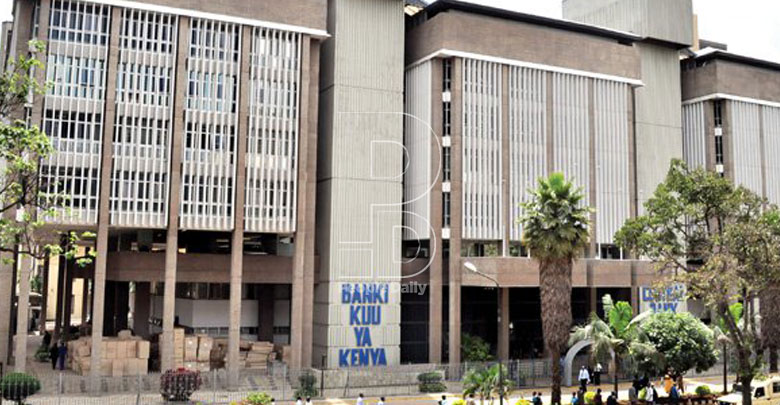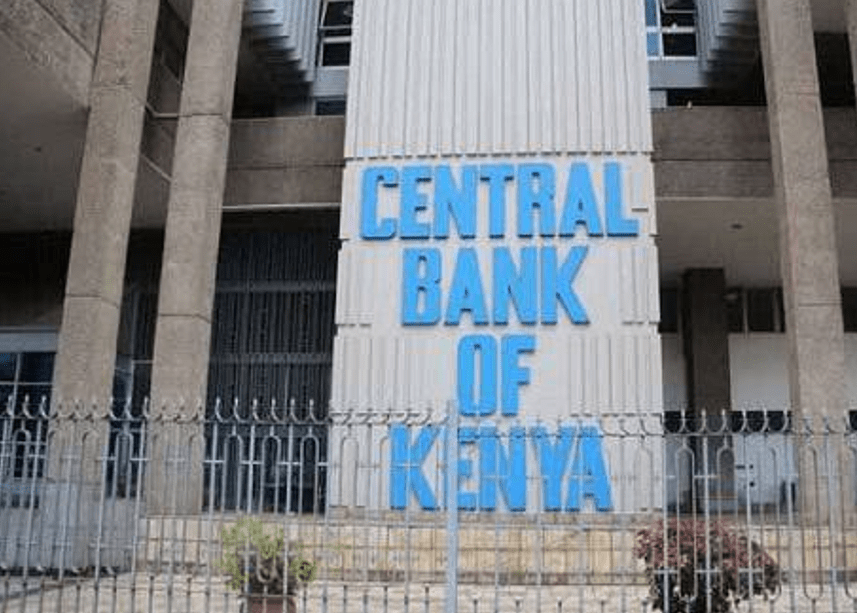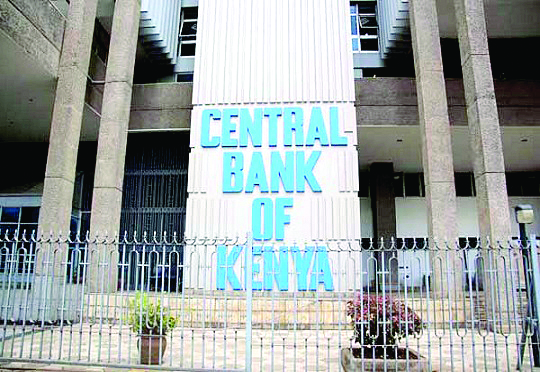Kenyan banks: SMEs to gain as banks open lending taps

Kenyan banks have started extending loans to individuals and small-medium enterprises (SMEs), nearly three years after shunning them citing interest rate cap.
The decision to restore credit to the borrowers classified as “high risk’” is informed by the low yields on 91, 182 and 364 days Treasury bills which has continued in the last one year.
Nearly every bank is now strategising to lure back, the “high risk” lot, who though praised for its ability to repay up to 90 per cent of loans, was denied credit after the enactment of the interest cap law in 2016.
Already Co-operative Bank of Kenya, Equity Bank, KCB Bank, NIC and a host of other banks have started programmes to support SMEs and individuals to ensure growth in economy.
Asset loans
Equity has set aside Sh150 billion for SMEs, Co-op Bank has a programme that offers individuals car and asset loans while NIC has also formulated a lending plan for SMEs, splitting them into three tiers – lower tier with a turnover of Sh15 million, middle tier with between Sh16 million and Sh50 million and upper with a turnover of Sh51 million.
“NIC bank offers reliable SME lending products that provide various business entities with an opportunity to grow through the provision of multiple lines of credit,” a statement on its website says.
Analysts say that banks are relaxing their standards in a bid to give loans to the once “risky borrowers” not because they want, but because circumstances have forced them to do.
“When the short-term interest rates are low, banks tend to relax their lending requirements and grant loans to SMEs and individuals viewed to be having higher credit risk,” they argue.
For commercial banks, fixed interest rates offered on treasury bills are no longer attractive to provide good returns as their returns are less compared to the 13 per cent set by Central Bank of Kenya (CBK).
CBK data indicates that interest rate on 91, 182 and 364 days treasury bills were 6.7, 7.5 and 8.8 per cent, respectively at the close of second quarter, 2019 compared to 7.7, 9.6 and 10.5 per cent, respectively for the same period last year.
Speaking last week during investors briefings, James Mwangi, Equity Bank Group CEO, said due to the increased digitisation of SME finance, they expect the individuals seeking credit through mobile phones to increase. He said the bank has set aside Sh150 billion to give SMEs.
Shifting stand
Hezbourne Ong’elle, economist with Breinscope Consultants Ltd said banks are shifting their stand against lending to SMEs and individuals because even with 13 per cent offered by CBK, they can still get profit than if they go into T-Bills and T-bonds
“Banks have no more option except to provide the households and SMEs loans because investors in the institutions will at the end of the year demand value for their money,” he said.
John Kihara, Investment Manager, Stanlib, concurred with Ong’elle, saying the crowding out of the private sector, which was stifling the economy, is slowly easing due to less borrowing in the domestic market.














